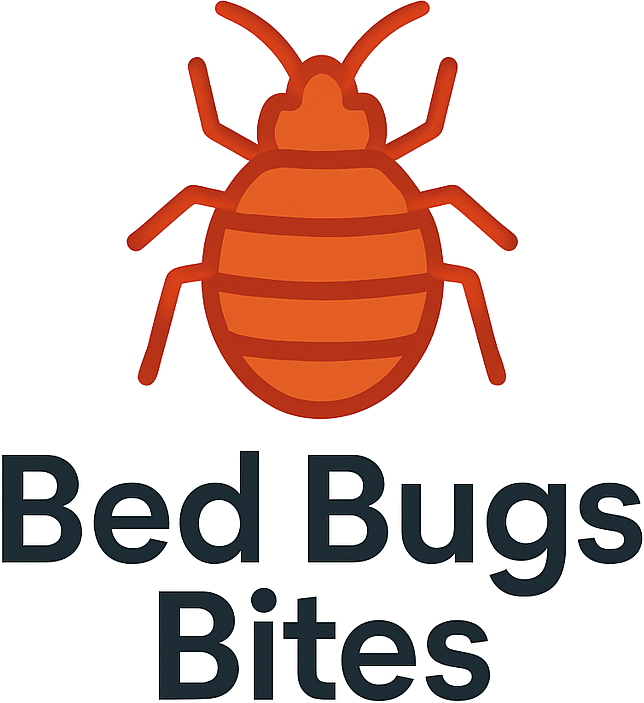Bed bugs are a type of parasite that doesn’t care if their next meal comes from people or pets. While these nighttime feeders typically go after people, they sometimes feed on dogs and cats, which can cause discomfort and health problems in your pets. To keep your pets healthy and happy, you need to know how to identify, treat, and prevent bed bug bites.
Understanding Bed Bug Behavior with Pets
Bed bugs will bite any warm-blooded animal when their preferred hosts are unavailable. Unlike fleas, which have a strong preference for animals, bed bugs typically view pets as a last resort. However, this doesn’t mean pets are immune to an infestation. When dogs and cats sleep in places where bed bugs have established themselves, like bedrooms or living rooms with infested furniture, they are often used as a second source of blood.
How bed bugs feed on pets differs slightly from how they feed on humans. Research has shown that bed bugs can successfully feed on dogs, with feeding rates ranging from 95% to 98.6% in controlled studies. These parasites detect the warmth and carbon dioxide emissions from pets, which makes them targets for a bed bugs next meal.
Identifying Bed Bug Bites on Dogs and Cats
It can be hard to tell if your pet has been bitten by bed bugs because their fur tends to hide the bite marks and pets cannot tell you how they feel. The first thing that happens to dogs when they get bitten is skin irritation, which is the same thing that happens to people. The bite sites will get red, itchy, and swollen. These symptoms can lead to excessive scratching and biting, which increases the risk of secondary skin infections.
Key signs to watch for
- Small, red, and sometimes raised spots on the skin. These are usually found on areas with less fur, like the belly, legs, and back.
- Excessive scratching or biting at specific areas.
- Signs of irritation or redness on the skin.
- Restlessness or discomfort, especially when they are resting.
- Hair loss in areas where pets have been scratching too much.
- Behavioral changes, such as increased agitation or reluctance to be touched in certain spots.
Unlike flea bites, which are typically around the tail and lower back, bed bug bites can be more widespread across the pet’s body. The bites can be different sizes and sometimes come with small drops of blood from the places where the parasites fed.
https://staysafe.org/pest-control/do-bed-bugs-bite-dogs
Health Implications and Complications
While bed bug bites are not usually life-threatening to pets, they can be very painful and cause problems if left untreated. For pets with allergies or sensitive skin, the constant itching and scratching can cause secondary bacterial infections. In dogs with pre-existing skin conditions, the reaction to bed bug bites can make the condition even worse, causing a lot of pain and taking longer to heal.
Along with the physical symptoms, bed bug bites can also affect your pet’s mental health. The constant itching and discomfort can cause them stress and lead to behavioral changes, including restlessness, sleep disruption, and increased irritability. Some pets may become more aggressive or withdrawn because they are struggling to cope with the constant irritation.
Treatment Options for Affected Pets
The main goals of treating pets for bed bug bites are to stop the itching, prevent any secondary infections, and get rid of the current infestation. Depending on how bad the reaction is and what the pet needs, vets may suggest different ways to treat it.
Topical treatments are often the first thing people try when treating bed bug bites. Medicated shampoos and ointments can help soothe irritated skin and reduce inflammation. For more severe reactions, vets may prescribe oral medications, like antihistamines or steroids to help with allergic reactions and reduce inflammation.
It’s important to remember that topical insecticides used for other parasites, such as head lice and scabies, have no effect on bed bugs and can be dangerous if not used correctly. Standard flea and tick repellents are not effective against bed bugs and should not be relied upon for prevention.
https://staysafe.org/pest-control/do-bed-bugs-bite-dogs
Innovative Veterinary Treatments
Recent studies have looked into the possibility of using common veterinary drugs as a new way to get rid of bed bugs. Fluralaner is a drug that is typically used to kill fleas and ticks on household pets. Studies have shown that it works very well against bed bugs. In controlled experiments, bed bugs that fed on dogs treated with fluralaner died at rates of 77.2% to 85.0% at different times after the treatment.
This study suggests that giving dogs fluralaner or similar medications once a month could help prevent bed bugs infestations inside of homes with pets. However, it’s important to note that these treatments should only be given by a vet and are not yet approved for use against bed bugs.
https://pmc.ncbi.nlm.nih.gov/articles/PMC7852378
Prevention Strategies
Preventing bed bug infestations is a far better option than trying to deal with them after they get into your home. Pet owners should use a range of prevention methods to keep their pets and homes safe. Grooming and bathing on a regular basis helps keep pets’ fur clean and makes it easier to spot early signs of an infestation. Pet bedding, blankets, and toys should be washed regularly in hot water to get rid of any bed bugs or eggs that may be present.
Managing the environment is very important for prevention. Vacuuming the areas where pets spend time, such as sleeping areas and furniture, can help remove bed bugs before they become a big problem. When your bring used pet supplies or furniture into your home, you need to carefully check for signs of bed bugs.
Professional Intervention and Home Management
While treating bed bug bites on pets is important, getting rid of the infestation is the only way to solve the actual problem. Professional pest control services are the best way to get rid of bed bugs for good, as these parasites are nearly impossible to eliminate with DIY methods alone.
Pet owners should work closely with both veterinarians and pest control experts to come up with the best treatment plans. This approach works because your pets are getting the right medical care while the environmental issues are being dealt with to prevent the problem from becoming worse.
The best way to treat bed bug bites is to stop them from feeding by getting rid of the bed bug infestation itself. This method deals with both the immediate symptoms affecting your pets and the actual cause of the problem, giving both pets and people long-lasting relief.
https://ldh.la.gov/assets/oph/Center-EH/envepi/Pest/Documents/Prevention_Control_Bedbugs.pdf
Conclusion
Bed bug bites on dogs and cats is a major concern for pet owners. These bites must be recognized quickly, so that owners can treat them correctly, and put a plan in place to get rid of the infestation. While these parasites may prefer human hosts, they will feed on pets which can cause serious health problems. Pet owners can keep their pets safe from these annoying parasites and make sure they stay healthy and comfortable by keeping an eye on them, taking them to the vet as needed, and keeping their environment clean and bed bug free.


